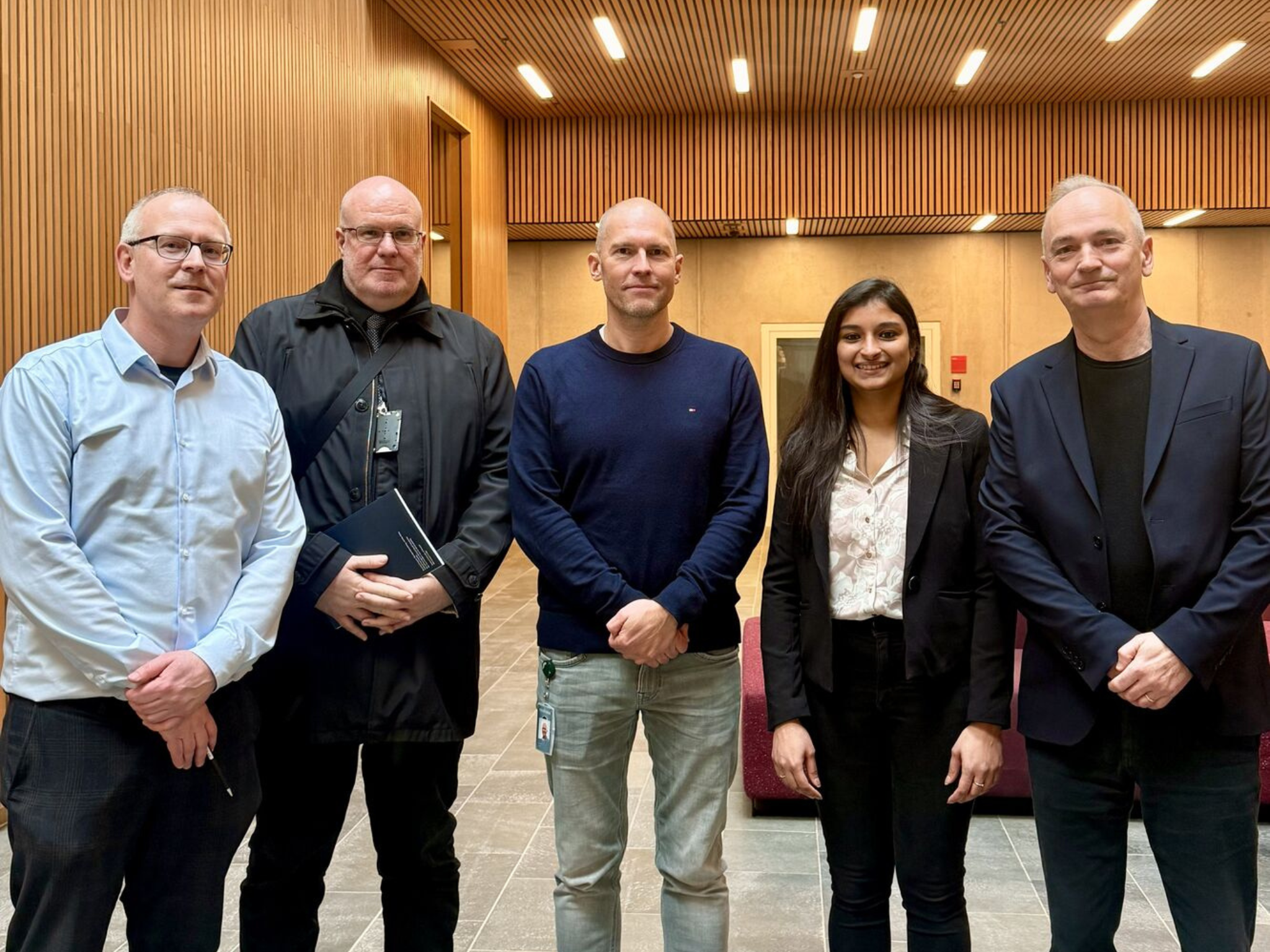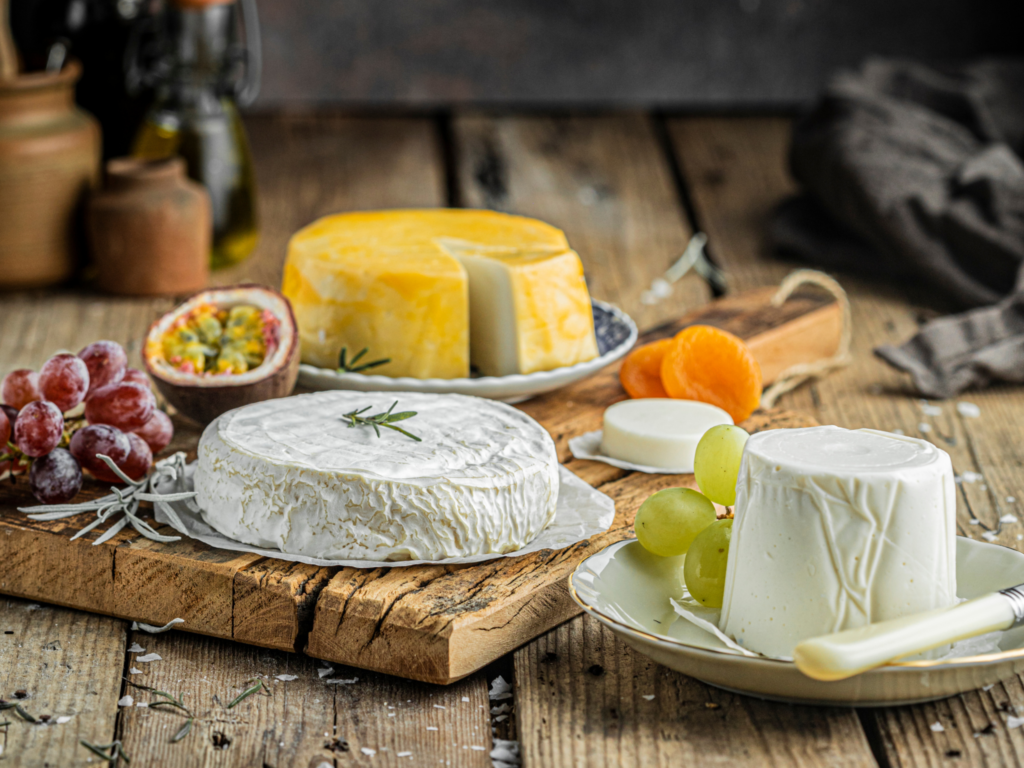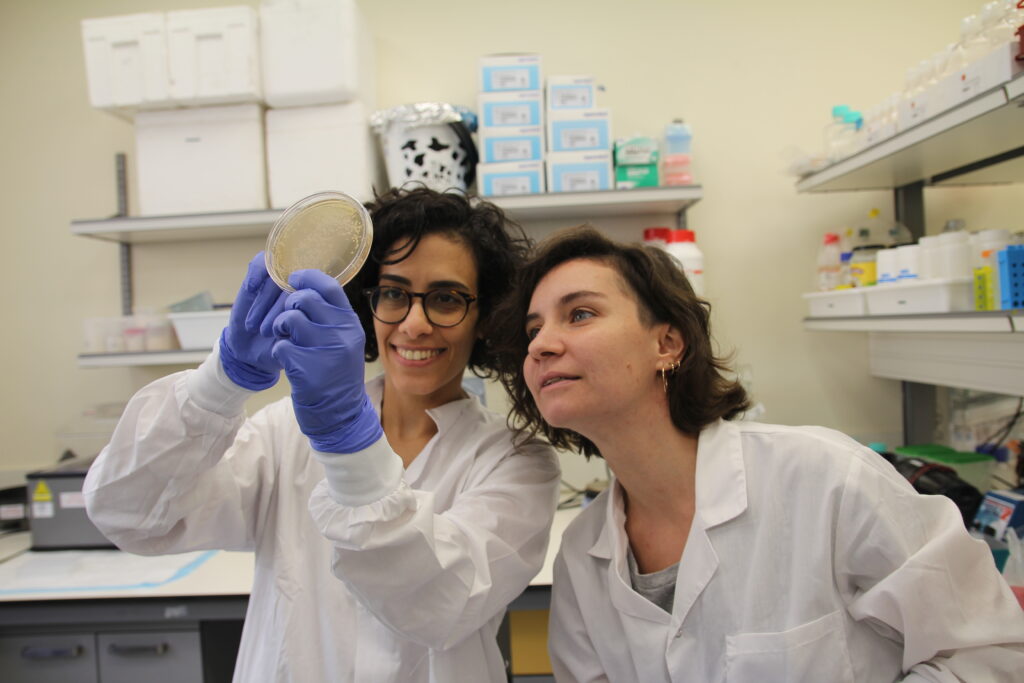
Scientists in Denmark have found the solution to a key issue holding back precision-fermented casein proteins, paving the way for more realistic animal-free cheese.
With climate change threatening dairy yields amid growing demand for milk proteins, resilient solutions that meet population needs and have a lower impact on the environment are more important than ever.
Precision fermentation presents a viable alternative. It combines traditional fermentation with the latest biotech advances to produce compounds of interest, like proteins and fats. The technology involves inserting a specific molecular sequence into microbes to instruct them to produce the desired molecules when fermented.
The technology has been in use for over three decades, transforming the production of medicines like insulin and food ingredients such as rennet (enzymes that trigger coagulation for cheese production).
Several food tech startups are leveraging precision fermentation to develop milk proteins without the cow for use in future-friendly dairy products like cheese. One of these target proteins is casein, the main protein found in cow’s milk, which has emulsification, thickening, and foaming capabilities.
While many firms have developed unmodified animal-free casein, achieving functional casein production via microbes “remains a significant challenge”, according to researchers at the Technical University of Denmark (DTU). By using bacterial enzymes, though, they say they’ve overcome this barrier.

Scientists target casein micelles for better animal-free cheese
Known as the “holy grail” of milk protein structure, casein accounts for 80% of the protein content in milk, and is responsible for properties like emulsification, thickening, and foaming. There are four kinds of casein proteins in cow’s milk, which self-organise into micelles.
These are highly hydrated spherical structures that serve as a building block for the functional and nutritional attributes of dairy products. Casein proteins usually undergo post-translational modification, particularly phosphorylation, or the addition of phosphate groups, which directly interact with calcium to help form the micelles.
When produced with microbial systems, casein proteins require precise phosphorylation to retain their functional properties. However, microbial hosts often lack the specificity and regulation required for accurate phosphorylation and can introduce non-native modifications (which do not occur in some bovine casein proteins).
These challenges have limited the commercialisation of precision-fermented casein, with only New Culture and Fermify gaining regulatory clearance to sell animal-free casein proteins (in the US). By contrast, several startups have brought recombinant whey proteins to market, which can be expressed in microbial hosts due to the lack of post-translational modifications.
At DTU, the researchers succeeded in producing phosphorylated alpha-S1 casein (the most common protein type in milk) in E. coli by using bacterial enzymes. They complemented this approach with an alternative phosphomimetic (an amino acid that mimics the effect of a phosphorylated protein), substituting serine residues with aspartic acid.
The structural and functional attributes of all the phosphorylated and phosphomimetic recombinant caseins – including calcium-binding ability, digestibility and structural integrity – were comparable to their bovine counterparts. In addition, they exhibited “significantly higher” calcium-binding capacity than unphosphorylated casein.

DTU backs project scale-up with grant
Publishing their results in the Trends in Biotechnology journal, the researchers suggested that phosphomimetic alpha-S1 casein may offer a simpler production system, while phosphorylated casein more closely resembles bovine casein.
“A breakthrough in microbial production of functional milk proteins, specifically in achieving high levels of native phosphorylation patterns in biologically identical caseins, would revolutionise the dairy industry,” they wrote.
The ability to produce phosphorylated recombinant caseins addresses the “long-standing challenge of achieving phosphorylation at native sites, a key barrier to commercialisation”, they added.
The results have been tested at lab scale, and the scientists are now looking to expand the process to produce cheese and other dairy products using the animal-free casein. Their work is being supported by a proof-of-concept grant from DTU Skylab, the university’s innovation hub.
While there are several companies working on precision-fermented casein, including New Culture, Standing Ovation, Fermify, Fooditive Group, Alpine Bio and Those Vegan Cowboys, most of these are focused on only one or two casein classes.

Only a handful are working on micelles. Israel’s DairyX is one of them. “We’ve designed our strain to produce casein that not only matches the amino acid sequence of milk casein, but also carries the same PTMs, which are crucial for its self-assembly and performance, just as it does in milk,” founder and CEO Arik Ryvkin told Green Queen last year.
Australia’s Eden Brew is developing casein micelles too, as is Sydney startup All G, which is aiming to move to 1,000-litre scale production for phosphorylated casein this year.
Meanwhile, Israel’s Finally Foods is employing molecular farming technology to produce self-forming casein micelles in potatoes.
The post Researchers Recreate Key Milk Protein for Game-Changing Animal-Free Cheese appeared first on Green Queen.
This post was originally published on Green Queen.